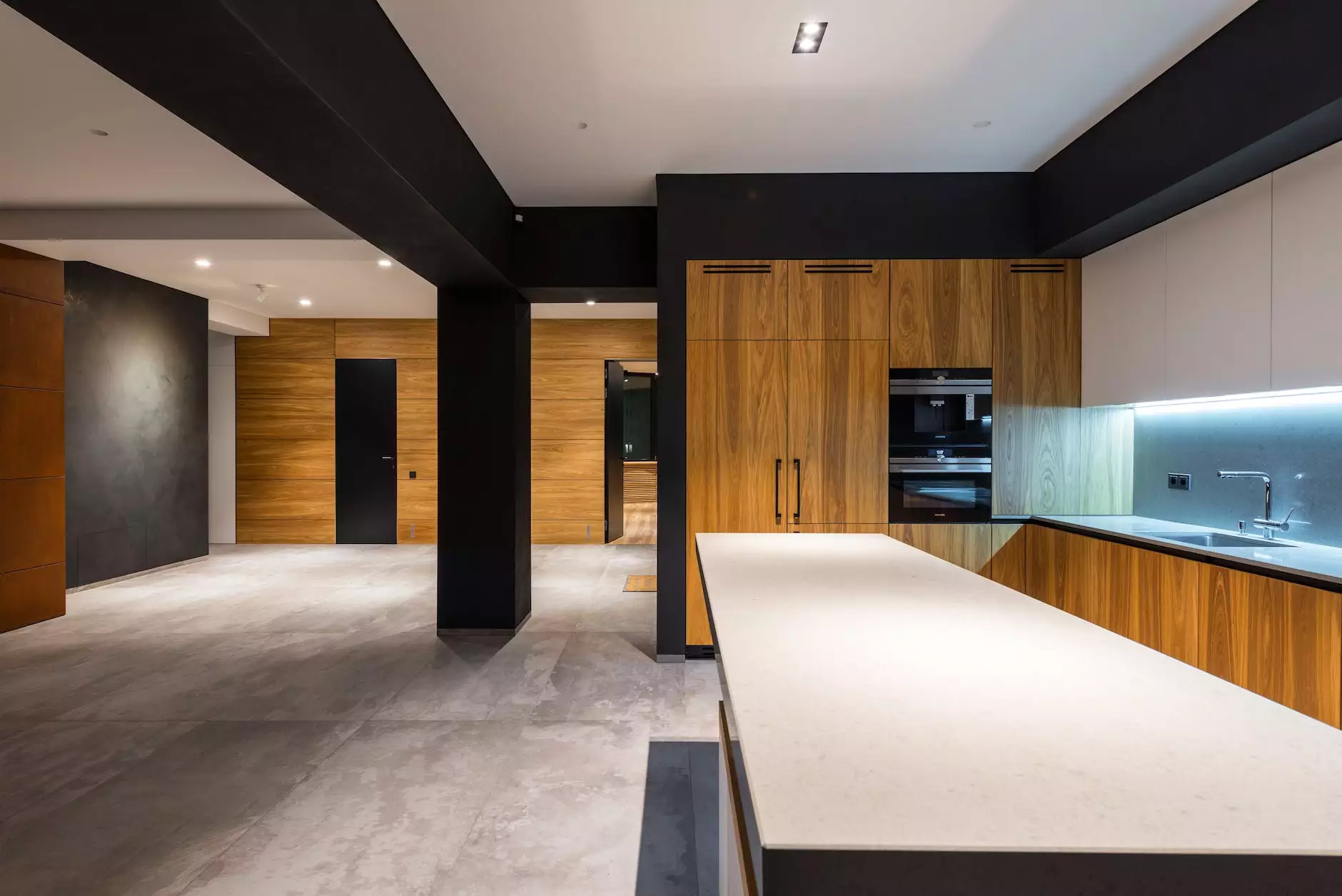Innovative Health and Wellness VR Business Ideas

The intersection of *technology* and health is becoming increasingly significant in today’s society. As we navigate through a rapidly changing world, health and wellness VR business ideas are emerging as both a necessity and a lucrative opportunity. This article delves into the various ways virtual reality (VR) can be harnessed within the health and wellness sector, showcasing potential business ideas that entrepreneurs can explore.
Understanding the Virtual Reality Landscape
Virtual Reality is not just a trend; it’s a *transformative technology* that offers immersive experiences. By simulating real-world environments, VR creates opportunities for users to engage with content in a deeply interactive manner. As the health and wellness sectors begin to integrate VR, the potential applications can benefit a wide range of audiences, from *fitness enthusiasts* to individuals seeking mental health support.
The Growing Demand for Health and Wellness Solutions
With growing awareness of mental and physical health, consumers are actively seeking solutions that improve their overall wellness. As a result, businesses in the health and wellness industry have begun to innovate using technology. This shift offers substantial opportunities for VR applications that can cater to a variety of needs:
- Mental Health: Therapeutic VR environments can support individuals dealing with anxiety, PTSD, and other mental health disorders.
- Physical Health: VR can augment traditional fitness models, offering engaging workout regimes.
- Chronic Pain Management: Immersive experiences can be used to distract patients from pain, easing discomfort.
- Education and Training: Healthcare professionals can use VR for simulations, improving their skills without real-world consequences.
Top Health and Wellness VR Business Ideas
1. Virtual Fitness Centers
Virtual fitness centers allow users to engage in workout sessions from the comfort of their homes. By utilizing VR, fitness instructors can create engaging, guided workout sessions that simulate being in a real gym setting:
- Interactive virtual classes including yoga, Pilates, and high-intensity interval training.
- Customizable avatars that users can modify for a personal touch.
- Social components that enable users to work out together, combating isolation in fitness journeys.
2. Therapeutic VR Environments
Therapeutic VR environments are designed to help individuals cope with stress, anxiety, and other mental health conditions. By crafting immersive settings, users can experience tranquility in places such as beaches or forests, providing them a getaway from their daily stresses. This concept can evolve into various applications:
- Guided *meditation experiences* that help users achieve mindfulness.
- Therapeutic VR for exposure therapy, particularly useful for phobias.
- Support groups and counseling sessions held in a virtual environment, allowing for comfort and privacy.
3. VR for Rehabilitation and Physical Therapy
Virtual reality can significantly enhance rehabilitation processes. VR for rehabilitation and physical therapy allows patients to practice movements in a safe and controlled environment:
- Gamified exercises tailored to individual patient needs.
- Tracking progress in real-time, helping therapists adjust treatments accordingly.
- Engagement through fitness gaming, improving patient motivation.
4. Virtual Wellness Retreats
Incorporating elements of mindfulness, fitness, and wellness, virtual wellness retreats provide users with a holistic wellness experience without leaving their homes. Such retreats can offer programming that includes:
- Yoga and meditation classes in serene, immersive environments.
- Seminars and workshops on nutrition, mental health, and self-care.
- Networking opportunities with wellness experts and industry leaders via virtual platforms.
5. Educational Programs for Health Professionals
Educational programs for health professionals using VR can revolutionize the way training is conducted. Medical students, therapists, and health coaches can practice skills in realistic simulations before interacting with actual patients:
- A range of simulated scenarios from basic patient assessments to advanced surgical procedures.
- Feedback systems that provide insight on performance in the VR environment.
- Collaboration opportunities with peers and instructors in a virtual setting.
Advantages of Health and Wellness VR Businesses
Launching a VR business within the health and wellness industry has numerous advantages:
- Scalability: Once developed, VR programs can be scaled to reach a global audience.
- Cost Efficiency: Reduced overhead costs as virtual environments eliminate the need for physical space.
- Enhanced Engagement: Users often find VR experiences more engaging, leading to better user retention.
- Innovative Offerings: Stand out in a saturated market by offering unique, tech-driven solutions.
Challenges to Consider
While the prospects are exciting, potential entrepreneurs should also be aware of challenges in the VR landscape:
- Technology Limitations: VR is still developing, and issues such as motion sickness can deter some users.
- High Initial Investment: Development and hardware costs can be substantial, particularly in the early stages.
- Market Education: Consumers may need convincing of the value of VR wellness experiences.
Marketing Your Health and Wellness VR Business
To successfully launch and grow a VR health and wellness business, effective marketing strategies are essential:
1. Build an Engaging Website
Your website should reflect your VR offerings' innovative nature, providing an immersive user experience that highlights the benefits and features of your services.
2. Use Social Media Marketing
Platforms like Instagram and Facebook can be powerful tools for showcasing VR experiences. Share user testimonials and engaging content to attract interest.
3. Network with Health and Wellness Influencers
Collaborate with influencers in the health and wellness space to reach wider audiences and enhance credibility.
4. Offer Free Trials or Demonstrations
Providing free trials can entice potential users and allow them to experience the advantages first-hand.
Looking Towards the Future
The future of health and wellness is bright, especially with the integration of virtual reality. As consumer needs evolve and technology advances, VR will play an increasingly vital role in not only how we approach fitness and mental health but also how businesses can operate and diversify their offerings. Entrepreneurs looking to capitalize on health and wellness VR business ideas should be ready to adapt and innovate continuously.
Conclusion
In conclusion, *health and wellness VR business ideas* represent a fertile ground for innovation and growth. As more individuals acknowledge the significance of mental and physical health, VR solutions offer a unique and engaging avenue to fulfill these needs. By considering the various opportunities, addressing challenges, and developing effective marketing strategies, aspiring entrepreneurs can successfully establish their presence in this exciting industry. Opportunities await those who are ready to embrace the future of health and wellness through virtual reality.








